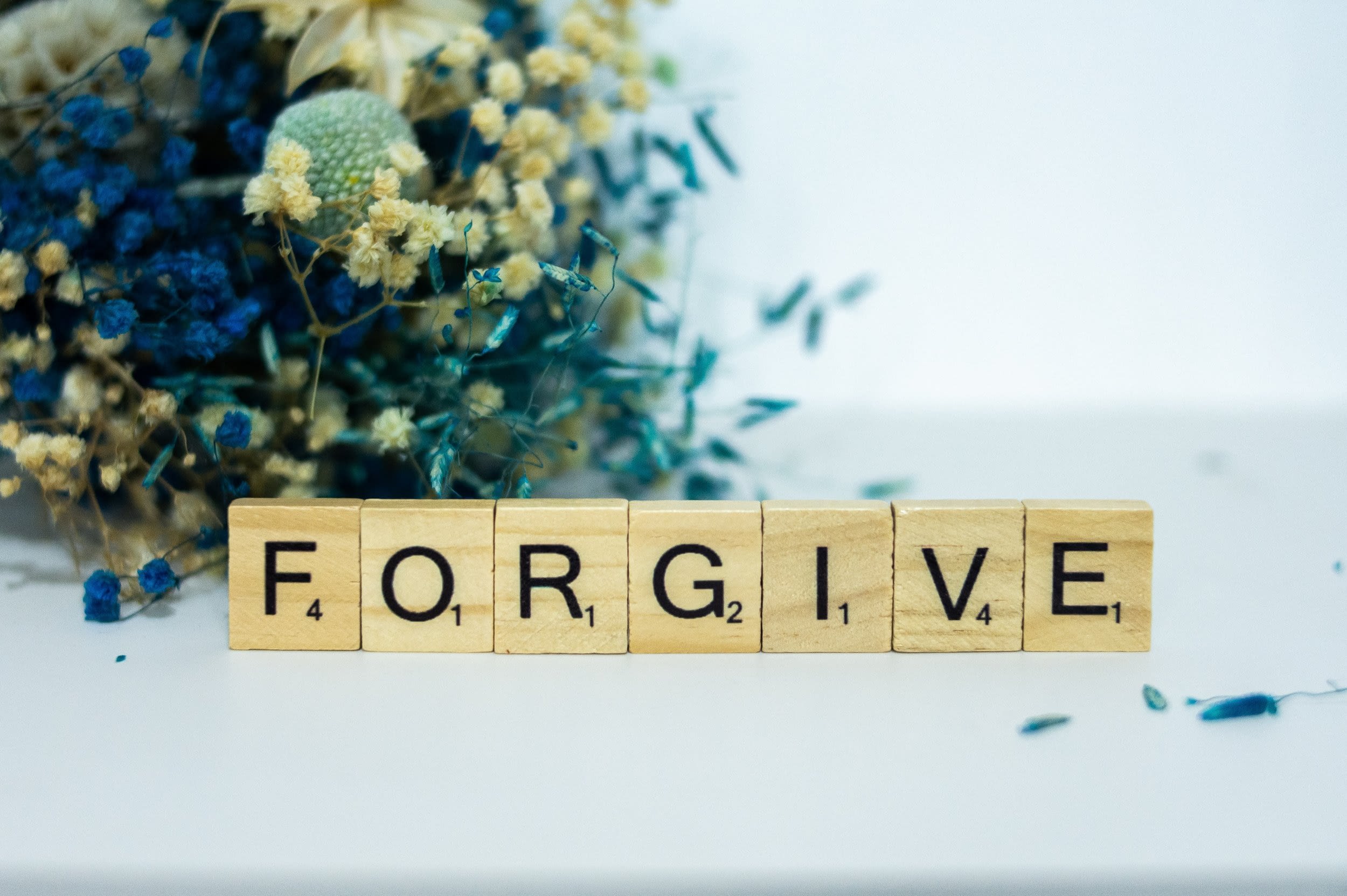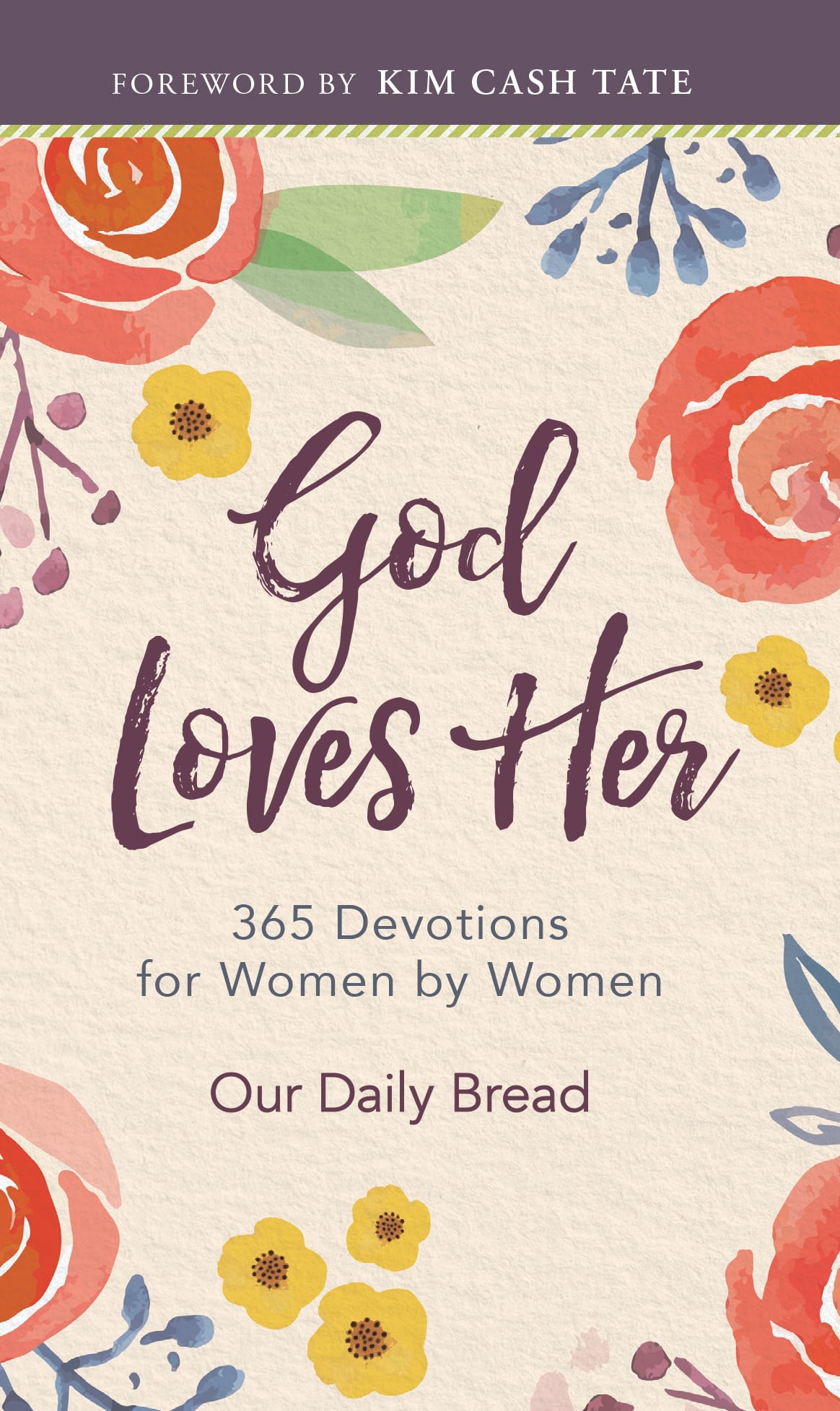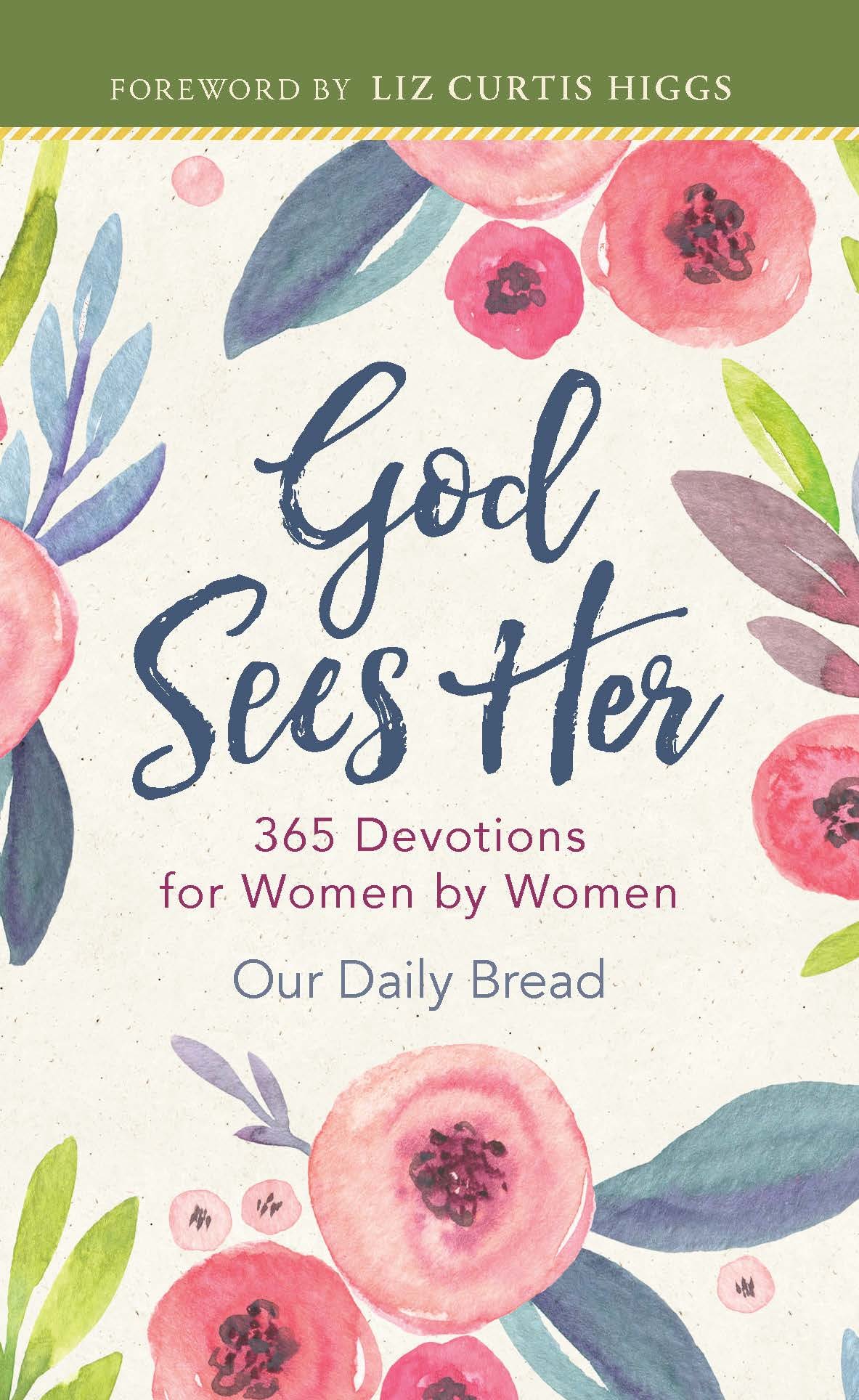I often talk about love very casually. Whether it’s food, a new activity, or someone’s cute dress, I’ll throw around love without thinking much about the magnitude of what I’m saying. How often do we stop to think about what we really mean when we say we love something, though? When I tell my mom I love her, I certainly hope I mean it differently than when I say I love working on a jigsaw puzzle. I might really like those things, or perhaps even love them to an extent, but it’s a much more surface level kind of love than what we see articulated in the Bible. The Bible has plenty to say about love, whether God’s love for us or how we should love God and others. When He answered the question of which of all the commandments was the most important, Jesus made it very clear:
The most important one . . . is this: . . . “Love the Lord your God with all your heart and with all your soul and with all your mind and with all your strength.” The second is this: “Love your neighbor as yourself.” There is no commandment greater than these. (Mark 12:30–31 NIV)
This true, deeper love is so much more than nice feelings—it’s actually a lot of work. It doesn’t take any particular effort on my part to love a cupcake. In fact, loving a cupcake is really all about me, how it makes me feel and what it does for me. But love like the Bible talks about is love that is about someone else, what is good for them and how I can show them that they are loved. Real people are messy and complicated, and everyone brings some of that mess and complication into the relationships in their lives.
When we look for examples of how love gets lived out, the story of Joseph from the Old Testament offers some intriguing ideas about what love might entail. You probably know the story, but a quick rehearsal will help us see how Joseph gives us a bit of insight into loving others, particularly when it might be difficult. As a boy, Joseph was favored by his father above all the other children. He once had dreams in which he was the ruler. Instead of pondering these things in his heart, he, perhaps foolishly and maybe a bit arrogantly, told his brothers. Needless to say, they didn’t take well to the idea.
So, his brothers got rid of him by selling him into a life of slavery, and Joseph was taken to a faraway land. The Egyptian family he worked for falsely accused him of a crime, so he was thrown in prison. Through a dramatic series of events, God blessed him and after some long years suddenly brought him into a position of power over the whole land.
Years later, his brothers had to come to the land of Egypt begging for help just to remain alive, and Joseph, whom they didn’t recognize, graciously provided it.
There are many more twists and turns in Joseph’s life. On the surface, it seems like love is pretty thin, if it’s there at all. As it’s written in the New International Version, the chapters that tell Joseph’s story (37, and 39–50) use the word “love” only three times, each time referring to Jacob’s (the father) particular love for Joseph or later his brother Benjamin—who had the same mother. It’s never okay to throw a sibling in a pit and then sell them for a profit. The brothers’ over-the-top actions show how difficult the home situation was, with overt favoritism and a sibling who seemed to enjoy his favored status.
Despite being shown a warped, uneven type of love in his childhood, through the course of his life and adversity, Joseph seems to have learned a difficult truth about what it takes to really love people: forgiveness.
First Corinthians 13:5 tells us that love “does not dishonor others, it is not self-seeking, it is not easily angered, it keeps no record of wrongs” (NIV, emphasis mine). In his position as second in command of the kingdom, Joseph could’ve easily denied his brothers the help they asked for and had them thrown into prison or even killed.
We don’t get taken through Joseph’s process of how (or when) he came to forgive his brothers , but we do see the outcome of it. Instead of punishing his brothers, he generously gave them what they needed. And he was able to reflect that though what they had done to him was evil, God had worked through it to bring about good things for many people.
Now, forgiveness doesn’t mean every person should be let back into our lives, whether at all or at the same level as before. There are certain sins against us that we may be able to, by the grace of God, forgive, but not return to a relationship with that person.
In my own life, I find myself all too often struggling to forgive people, even for small things such as making a comment that hurt my feelings or not acting in a certain way to help me . . . even if I never actually asked for help in that way. These are the kinds of wrongs God calls us to erase from our internal record, and that takes a deep love that’s rooted in far more than fuzzy feelings. It’s easier, safer, and far more convenient to hold on to our hurt or to avoid forming attachments to people so we can’t be hurt in the first place.
Joseph had some good reasons to hold a grudge against his brothers, but instead he met them with forgiveness and love. What might this challenge look like in our own lives? Whether in our families, workplaces, or churches, to continue in thriving relationships, we need to be willing to extend forgiveness and love even, and perhaps especially, when it’s difficult. God may be working in ways we don’t see today and may not see for quite some time, but forgiveness offers the opportunity to continue those relationships so we can see what God might do.
—Written by Brianna DeWitt. Used by permission from the author.







7 Responses
Forgiveness is …. putting your mind at peace , breathing , and laughter with freedom . In my Opinion holding grudges with others makes our soul dull full of hate and darkness . We tend to isolate and judge others when we hold grudges towards people or someone . Forgiveness is way easier to carry ,than to live walking around with a gray cloud over your head.
I definitely need to read this again and again. In my mind & heart I forgive. I can’t allow those that disappointed me back in.
I too needed to hear I can forgive the one who hurt me but it doesn’t mean they have to be a part of my life. Discerning toxic and volital past relationships can be forgiven but not engaged in.
Loving and forgiving those who have intentionally hurt us can be difficult to do. However, we as Christians are commanded by God to do so. Thank you for stating, "Forgiveness doesn’t mean every person should be let back into our lives, whether at all or at the same level as before". Your message has really helped me today !!!
I mistreated my children awful and if it wasn’t for God’s grace and mercy I don’t know where none of us would be. It was and occasionally still is a painful road to be on however with God on our side we will make it with love for one another
Thank you so much for sharing about forgiveness. It came just when I needed to hear it. In my heart I can say right now having to deal with forgiveness for a friend is probably hurting me more than her. She probably has No clue there is anything going on, but God does, he sees my heart. I’m sad….
I’m going thru the same thing. praying for you, I could use some prayers too. God Bless You